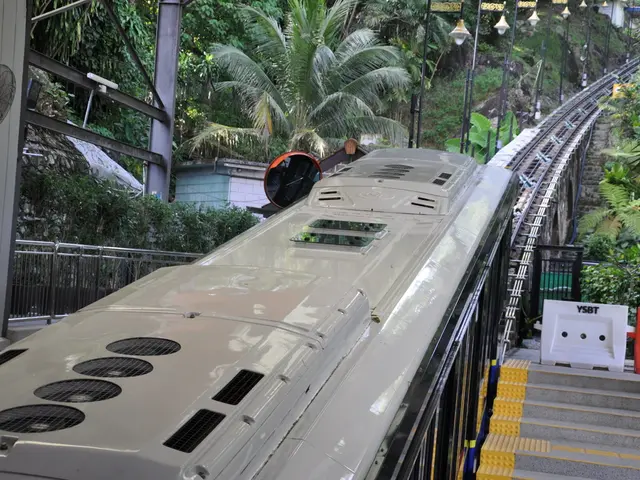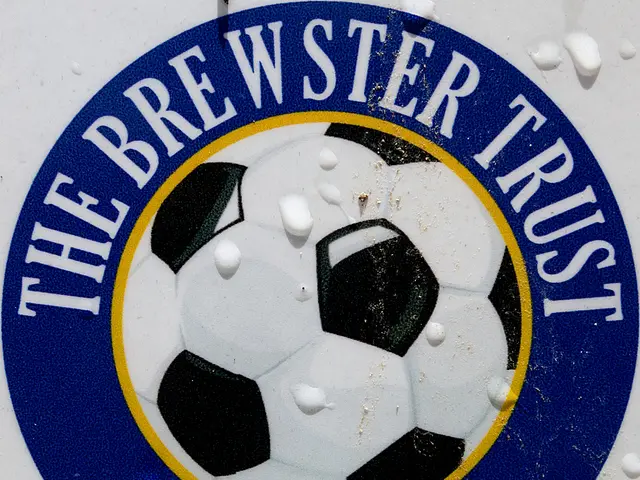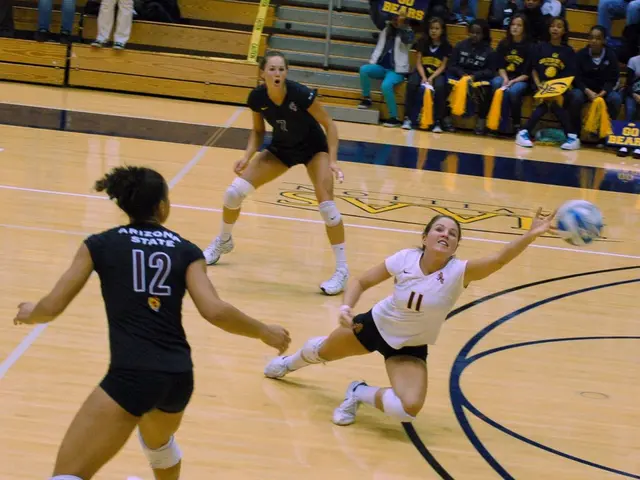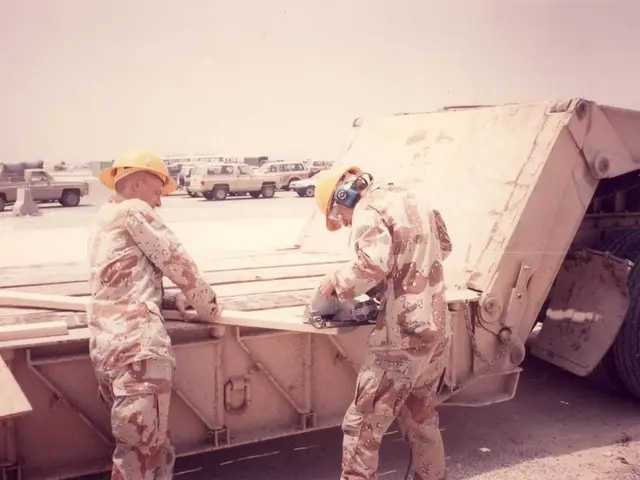U.S. Representative to Meet with Iran for Third Round of Nuclear Negotiations in Oman on Saturday
Diplomacy between the U.S. and Iran remains a top priority, as the action moves to yet another round of talks on the nuclear program. On April 27, special envoy Steve Witkoff will join Michael Anton for technical negotiations with Iranian officials in Oman.
Last weekend, the two parties engaged in indirect and direct talks in Rome under the guidance of Omani Foreign Minister Badr al-Busaidi. Both teams expressed optimism, although details of their discussions have yet to be disclosed.
President Trump has long advocated for a diplomatic solution to prevent Iran from obtaining a nuclear weapon, but military action remains a possibility should talks stall. The International Atomic Energy Agency's head, Rafael Grossi, warned last week that Iran was not far from acquiring the atomic bomb if the talks fail.
Meanwhile, Iranian Foreign Minister Abbas Araghchi has expressed a willingness to travel to Europe, hoping to engage in discussions on topics beyond just the nuclear dossier. France has welcomed this development and announced its readiness to continue talks with the Iranians.
The 2015 nuclear deal, which offered Iran sanctions relief in exchange for restrictions on its nuclear program, is not mentioned in recent discussions. The U.S. and Iran began indirect negotiations under the mediation of Oman on April 12, bypassing Europe for the time being.
Some key figures include: Steve Witkoff as the U.S. lead negotiator, Abbas Araghchi as Iran's lead negotiator, Raphael Grossi as the IAEA Director General, and Michael Anton as the political planning chief at the State Department, who, however, has not been mentioned as playing a direct role in the recent talks.
The role of other nations in these negotiations is also noteworthy. Oman has been instrumental in mediating the talks, while China and Russia have shown strong support for Iran's position. Meanwhile, Europe, having been involved in the previous 2015 deal, appears to have taken a back seat in recent diplomacy.
Security concerns have escalated, with top Iranian officials inspecting air defense sites in preparation for potential U.S. or Israeli strikes. Senators like Marco Rubio have warned that military action would be more complicated given Iran's advanced nuclear capabilities.
In a nutshell, the U.S. and Iran are continuing their talks to address enrichment limits, sanctions, and preventing Iran from developing nuclear weapons. The latest discussions will take place on April 27 in Oman, with both sides expressing optimism after the April 19 talks in Rome. Europe is taking a sidestep in these negotiations for now, with Oman and Gulf nations playing a more significant role.
- Steve Witkoff, the U.S. lead negotiator, and Michael Anton will join for technical negotiations with Iranian officials in Oman on April 27.
- President Trump has long advocated for a diplomatic solution to prevent Iran from obtaining a nuclear weapon, but military action remains a possibility.
- Iranian Foreign Minister Abbas Araghchi has expressed a willingness to travel to Europe for discussions on topics beyond just the nuclear dossier.
- The International Atomic Energy Agency's head, Rafael Grossi, warned last week that Iran was not far from acquiring the atomic bomb if the talks fail.
- Security concerns have escalated, with top Iranian officials inspecting air defense sites in preparation for potential U.S. or Israeli strikes.
- Europe, having been involved in the previous 2015 deal, appears to have taken a back seat in recent diplomacy, while China and Russia have shown strong support for Iran's position.
- Besides diplomacy, there are other areas of concern, such as general news, crime and justice, accidents, and fires, which also form part of politics.









